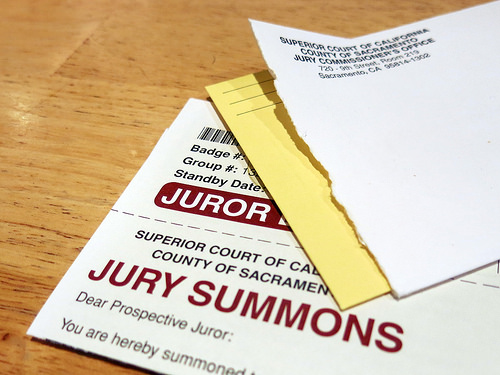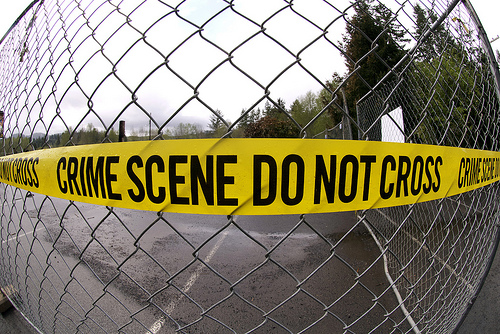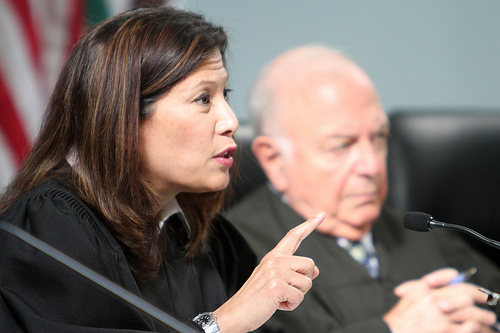Juries: How They Work, How They’re Chosen, and What Lawyers Handle Them Best
Today’s guest post is by Karen A. Wyle: Want to write legal thrillers? Or put a courtroom scene in your…

Today’s guest post is by Karen A. Wyle: Want to write legal thrillers? Or put a courtroom scene in your…

Today’s post wraps up our extensive series taking a hard look at some of the professions fiction writers might choose…

Today’s post is part of a series on professionals sharing tips and expertise in order to help novelists convey accuracy in…

Today’s post is part of a series on professionals sharing tips and expertise in order to help novelists convey accuracy in…

Today’s post is part of a series on professionals sharing tips and expertise in order to help novelists convey accuracy in…

Subscribe to my email blasts to level up your writing and be notified of upcoming events and offers!
No products in the cart.